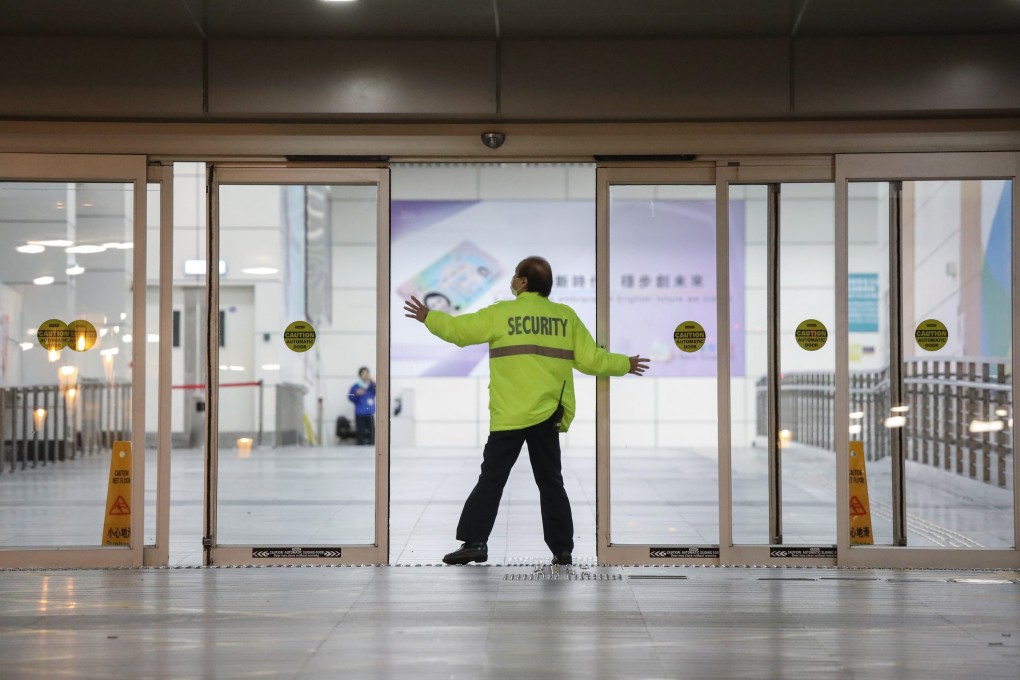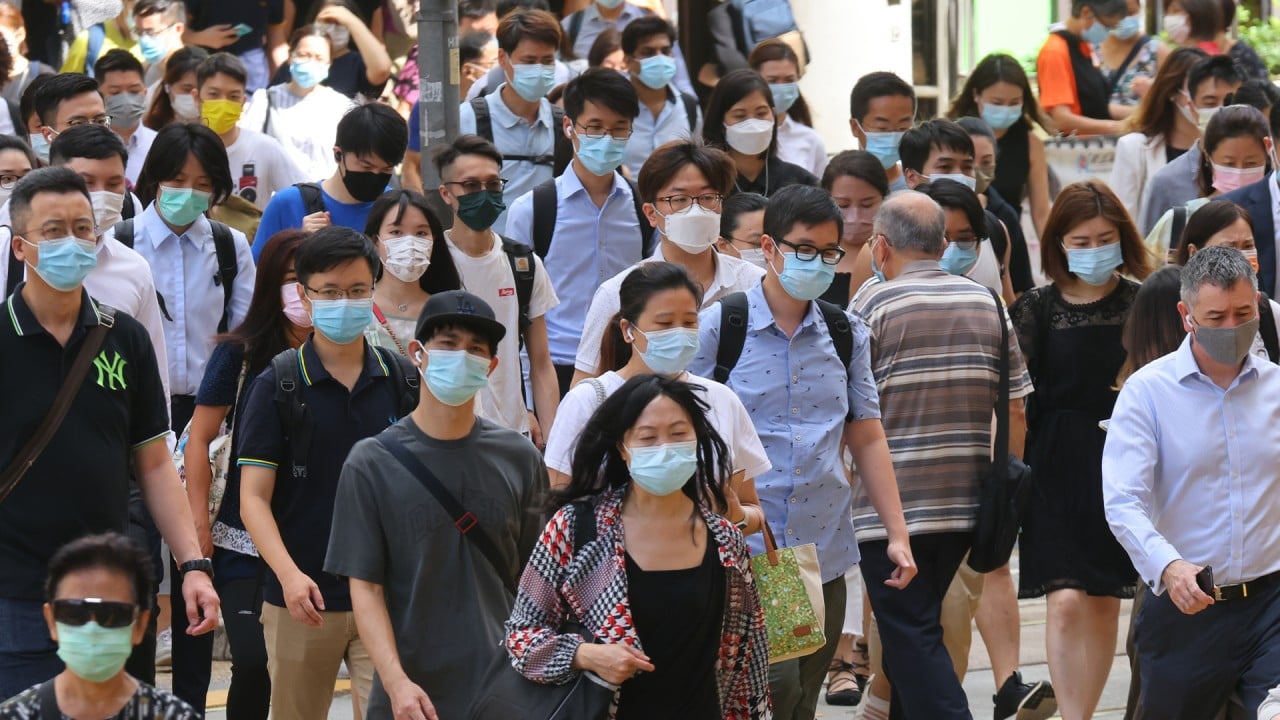Coronavirus: Hong Kong tourism industry to receive HK$377 million relief package to tide it over through border closures
- Government deal dishes out HK$50,000 to small travel agencies, up to HK$7,500 to individual workers in the sector
- Prospects of a tourism revival remain distant with Hong Kong’s borders still largely closed to the world

Travel agents, tour guides, coach drivers and operators of cross-border vehicles and ferries are set to benefit from the government’s latest round of financial aid, with the first payments expected from early September.
Tourism had been hard hit by the anti-government protests in 2019 and the coronavirus crisis that followed, said commerce minister Edward Yau Tang-wah as he announced the funding on Thursday.
Yau said challenges for the industry remained, even though the government was opening up more avenues for business, including allowing the resumption of local tours and “cruises to nowhere”. He added officials were exploring forming travel bubbles with other economies.
“Despite our efforts, with the [pandemic] still widely affecting the world, cross-boundary … travel can hardly be resumed in the near term,” he said.
“Taking into account the grave challenges faced continuously by the tourism industry, the government has decided to provide a round of special further subsidies to continue to support the relevant trades and tide over practitioners during this challenging period.”

04:55
Hong Kong, Australia’s goal to eliminate Covid-19 ‘not sustainable’, says infectious disease expert
The support package involves a series of one-off payments to the sector through the anti-epidemic fund, which was rolled out by the government last year to help businesses stay afloat.